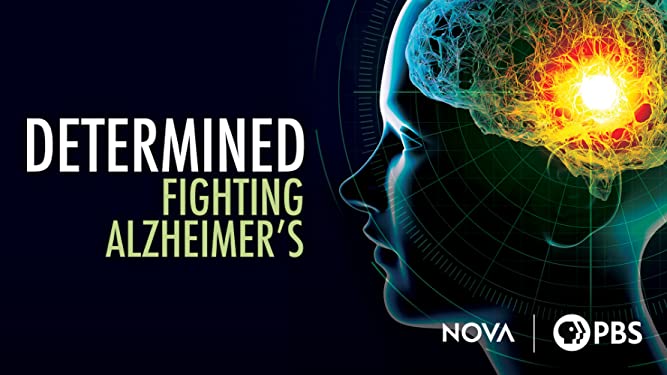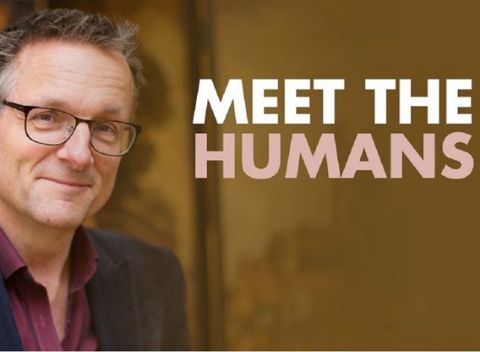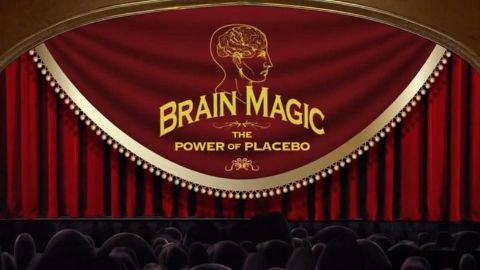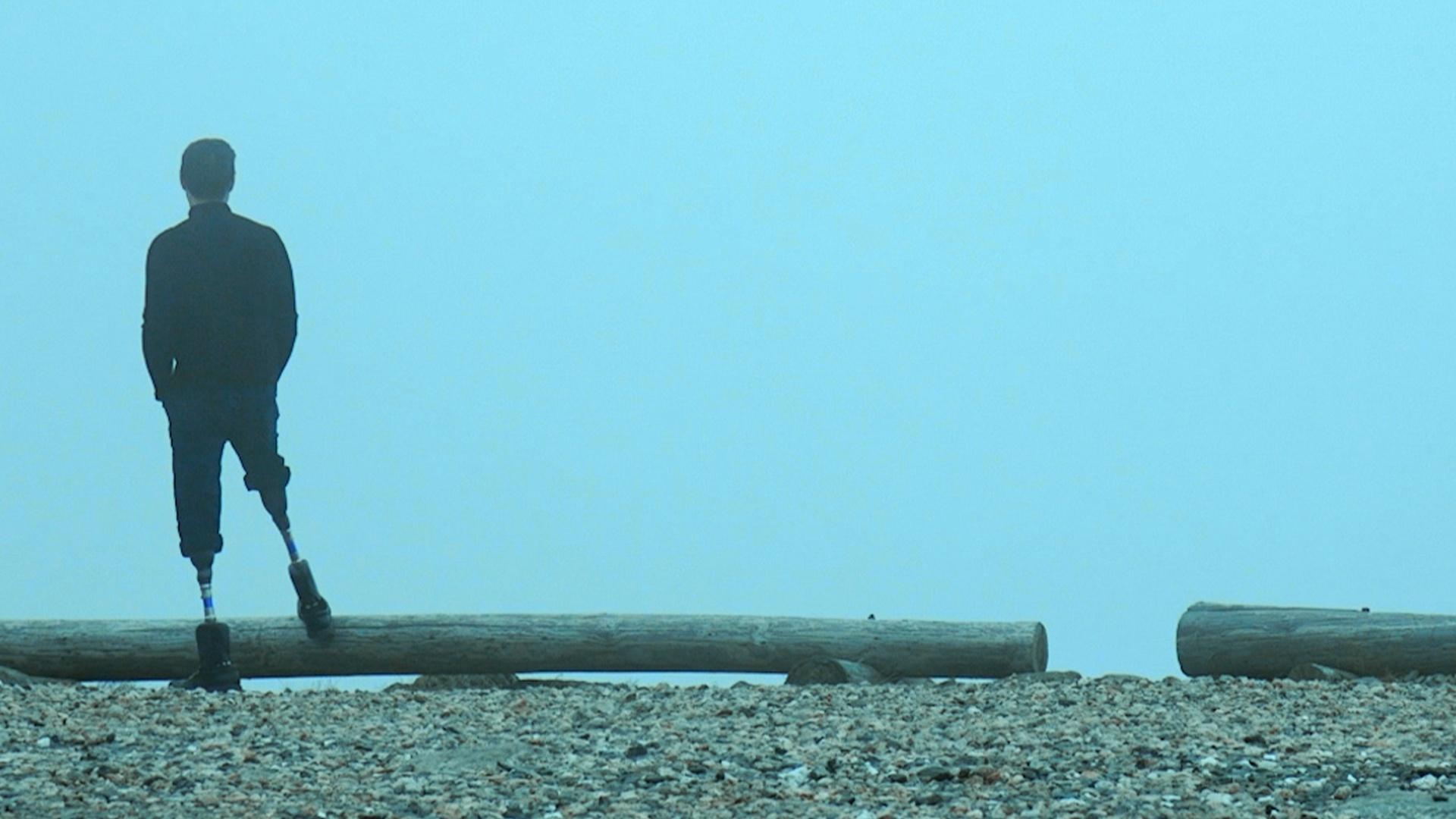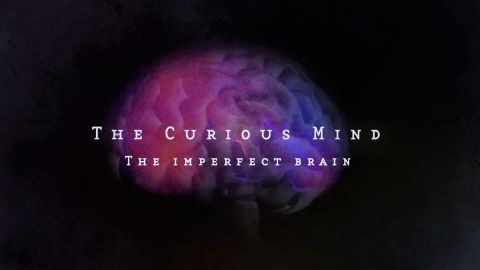Turning Point • 2020
Alzheimer's disease -- the most feared of all maladies, with no way to cure, stop or even slow its insidious progression. But now, after decades of perseverance in the lab, researchers are on the cusp of a scientific breakthrough that could be the first step toward making Alzheimer's itself a distant memory. In the gripping new documentary Turning Point, acclaimed filmmaker James Keach takes us inside the quest for the first medication that that could treat the underlying process of Alzheimer's disease, more than a century after Dr. Alois Alzheimer first described the brain disorder that slowly destroys memory and cognitive skills. Along the way, we meet the people behind these grand experiments, the scientists driven as much by personal conviction as professional innovation. And we discover why medical science is never easy, often unpredictable and potentially perilous.
Make a donation
Buy a brother a hot coffee? Or a cold beer?
Hope you're finding these documentaries fascinating and eye-opening. It's just me, working hard behind the scenes to bring you this enriching content.
Running and maintaining a website like this takes time and resources. That's why I'm reaching out to you. If you appreciate what I do and would like to support my efforts, would you consider "buying me a coffee"?
Donation addresses
BTC: bc1q8ldskxh4x9qnddhcrgcun8rtvddeldm2a07r2v
ETH: 0x5CCAAA1afc5c5D814129d99277dDb5A979672116
With your donation through , you can show your appreciation and help me keep this project going. Every contribution, no matter how small, makes a significant impact. It goes directly towards covering server costs.
